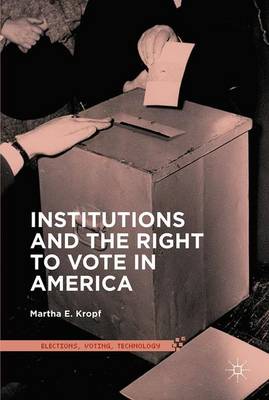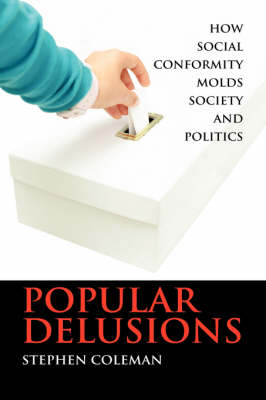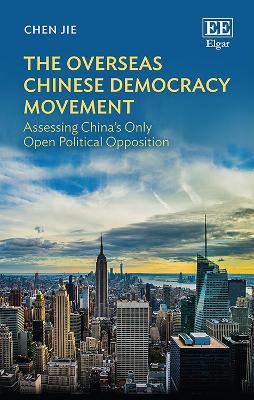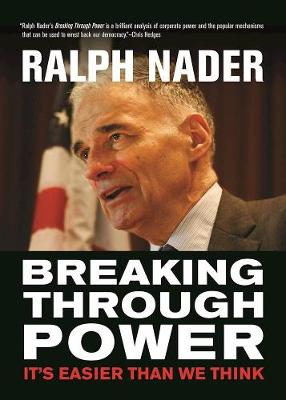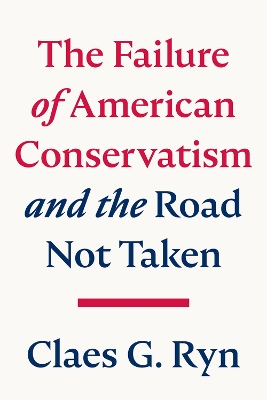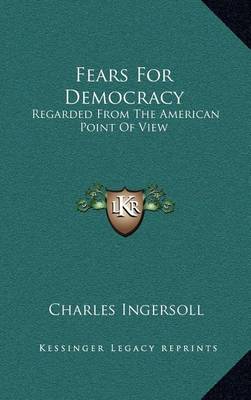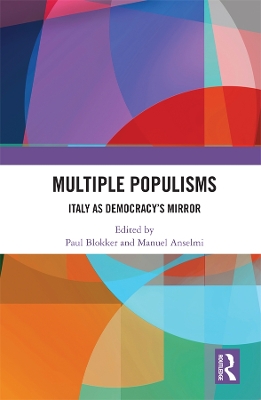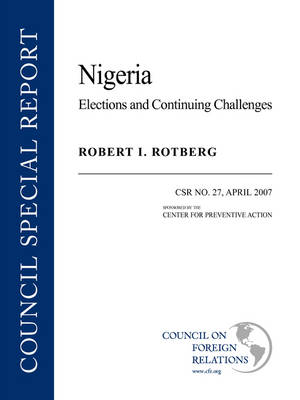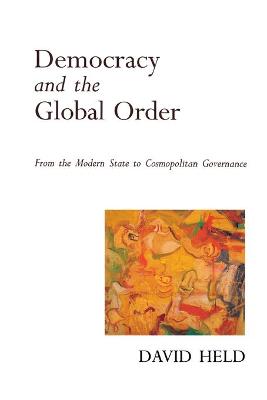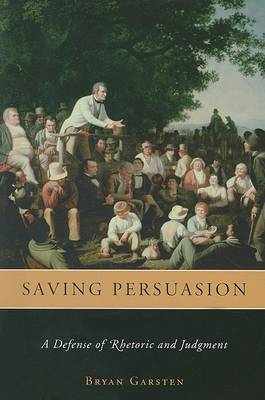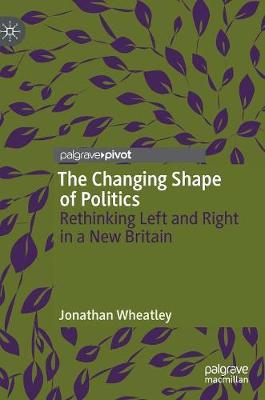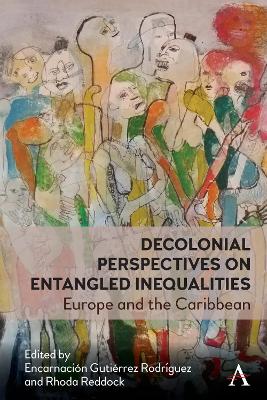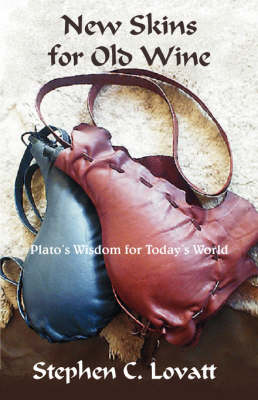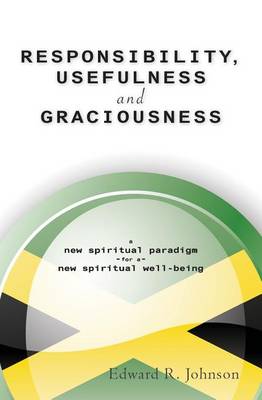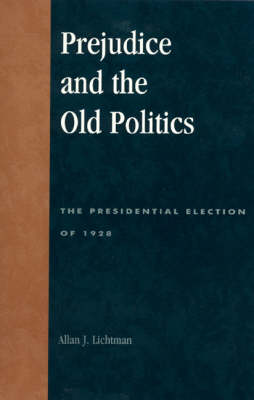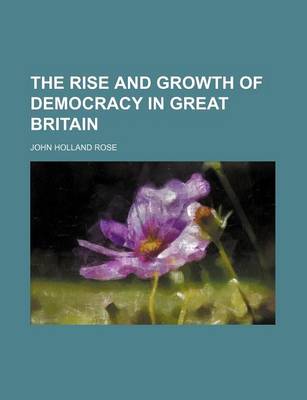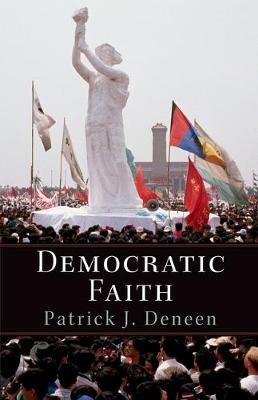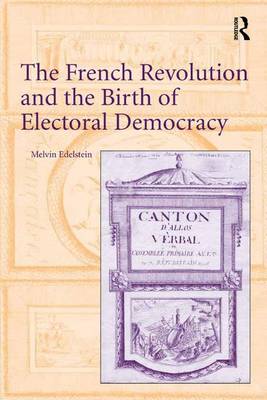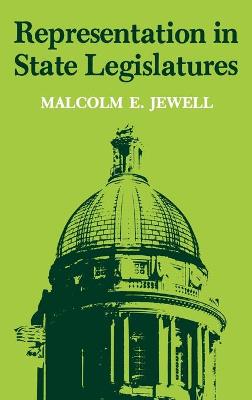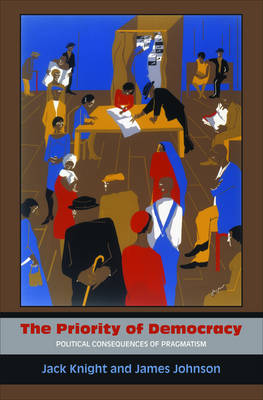Institutions and the Right to Vote in America (Elections, Voting, Technology)
by Martha E. Kropf
This book explores how the United States institutions of democracy have affected a citizen's ability to participate in politics. The 2000 election and the ensuing decade of research demonstrated that that the institutions of elections vitally affect participation. This book examines turnout and vote choice, as well as elections as an institution, administration of elections and the intermediaries that affect a citizen's ability to cast a vote as intended. Kropf traces the institutions of franc...
The overseas Chinese democracy movement (OCDM) is one of the world's longest-running and most difficult exile political campaigns. This unique book is a rare and comprehensive account of its trajectory since its beginnings in the early 1980s, examining its shifting operational environment and the diversification of its activities, as well as characterizing its distinctive features in comparison to other exile movements. Chen Jie takes an empirical approach to the history of the OCDM, drawing o...
"Nader's assessment of how concentrated wealth and power undermine democracy is clear and compelling, but it's his substantive vision of how we ought to respond that makes Breaking Through Power essential reading. Written just before Donald Trump's Electoral College victory, Nader's latest book reads with even greater urgency now."--Yes Magazine In Breaking Through Power, Ralph Nader draws from a lifetime waging--and often winning--David vs. Goliath battles against big corporations and the Unit...
Multiple Populisms
This book provides a comprehensive interpretation of the multiple manifestations of populism using Italy, the only country amongst consolidated constitutional democracies in which populist political forces have been in government on various occasions since the early 1990s, as the starting point and benchmark. Populism is a complex, multi-faceted political phenomenon which redefines many of the essential characteristics of democracy; participation, representation, and political conflict. This b...
Democracy is the most potent political idea in the world today, yet the future of democracy is increasingly uncertain. Key assumptions of democratic thinking and practice are being undermined by diverse sites of social economic power on the one hand, and by dense networks of regional and global interconnectedness on the other. States and societies are enmeshed in webs of international conditions and processes as never before. Democracy and the Global Order offers a highly original and systematic...
In today's increasingly polarized political landscape it seems that fewer and fewer citizens hold out hope of persuading one another. Even among those who have not given up on persuasion, few will admit to practicing the art of persuasion known as rhetoric. To describe political speech as "rhetoric" today is to accuse it of being superficial or manipulative. In Saving Persuasion, Bryan Garsten uncovers the early modern origins of this suspicious attitude toward rhetoric and seeks to loosen its g...
This book investigates whether politics in Britain in the twenty-first century is driven more by issues of culture and identity than by "left versus right" issues of wealth distribution. Drawing from a number of opinion surveys, it explores the shifting positions of voters on both economic matters and matters of culture and identity. It finds that between 2015 and 2017 support for Britain's main political parties became much more predicated on issues of culture and identity, reflecting a radical...
Since the early 1990s, the European Union has pursued policies designed to promote democracy and respect for human rights in other parts of the world. This book offers a critical assessment of the strategy upon which this activity has been based.
Decolonial Perspectives on Entangled Inequalities (Anthem Studies in Decoloniality and Migration)
RESPONSIBILITY, USEFULNESS and GRACIOUSNESS from the Caribbean Isle of Jamaica
by Edward R Johnson
Combining statistical analysis with well-written narrative history, this re-evaluation of the 1928 presidential election gives a vivid portrait of the candidates and the campaign. Lichtman has based his study primarily on a statistical analysis of data from that election and the presidential elections from 1916 to 1940 for all the 2,058 counties outside the former Confederate South. Not relying exclusively on the results of his quantitative analysis, however, Lichtman has also made an exhaustive...
The Rise and Growth of Democracy in Great Britain
by J Holland Rose and John Holland Rose
The American political reformer Herbert Croly wrote, "For better or worse, democracy cannot be disentangled from an aspiration toward human perfectibility." Democratic Faith is at once a trenchant analysis and a powerful critique of this underlying assumption that informs democratic theory. Patrick Deneen argues that among democracy's most ardent supporters there is an oft-expressed belief in the need to "transform" human beings in order to reconcile the sometimes disappointing reality of human...
The French Revolution and the Birth of Electoral Democracy
by Melvin Edelstein
Democracy is perhaps the defining characteristic of modern Western society, but even as late as the nineteenth century it was often viewed with suspicion by many who saw it as akin to anarchy and mob rule. It was not until the French and American revolutions of the eighteenth century that electoral democracy began to gain momentum as a serious force, which was eventually to shape political discourse on a broad, international scale. Taking as its focus the French Revolution, this book explores...
Every two years American voters turn out to elect several thousand representatives to state legislatures. Only now in Representation in State Legislatures do we have a detailed examination of how these officials perceive their jobs and how they attempt to do them. To provide answers to these questions, Malcolm E. Jewell conducted intensive interviews with 220 members of houses of representatives in nine selected states. He asked each legislator how he kept in touch with his constituents, how he...
Pragmatism and its consequences are central issues in American politics today, yet scholars rarely examine in detail the relationship between pragmatism and politics. In The Priority of Democracy, Jack Knight and James Johnson systematically explore the subject and make a strong case for adopting a pragmatist approach to democratic politics--and for giving priority to democracy in the process of selecting and reforming political institutions. What is the primary value of democracy? When should w...
